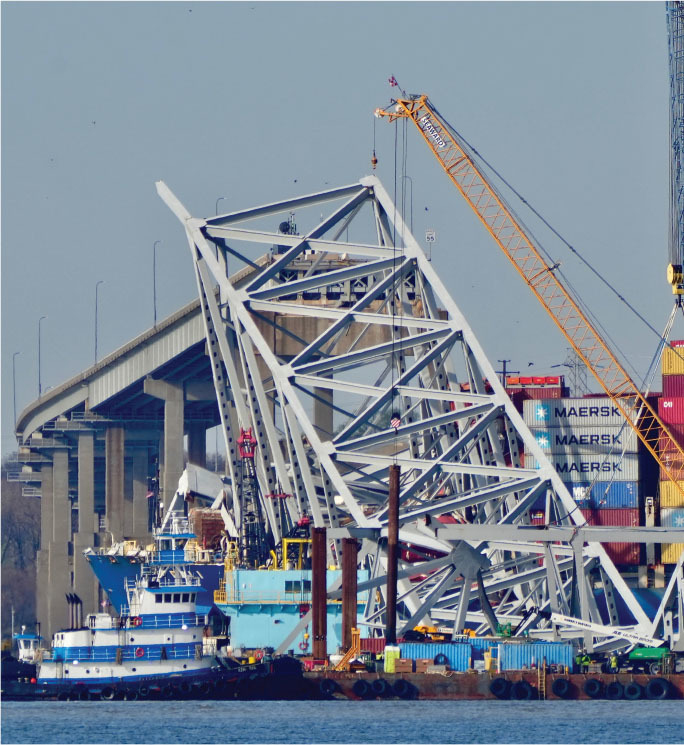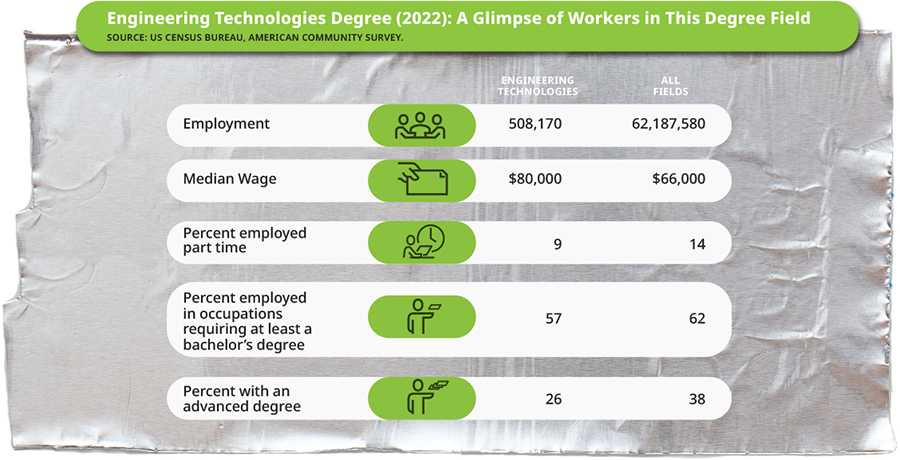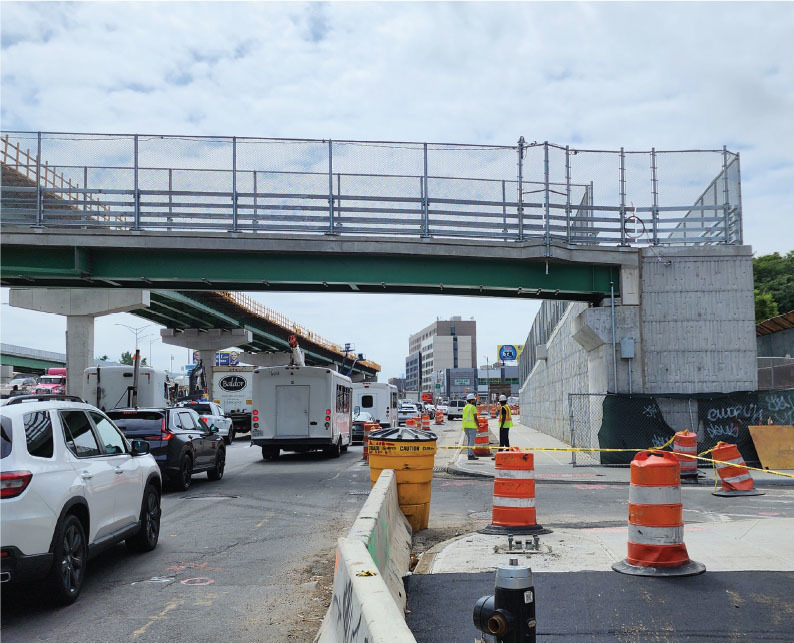May/June 2020
PE Report
What PEs Are Reading
NSPE’s Daily Designs is one of the Society’s most well-read publications. The Monday-through-Friday newsletter, which provides members with short engineering news summaries, also offers a snapshot of what types of articles grab the most attention.
Here are some of the most-viewed articles for the 30 days from March 17 to April 15.
“A tiny island off the coast of Maine could be a renewable energy model for the rest of the world,” March 17, Smithsonian Magazine
On Isle au Haut, an island off the coast of Maine, residents get electricity via underwater cable from the mainland. That cable is near its end of life. There’s a backup diesel generator, but it’s expensive. Now a solar-powered electrical microgrid is in the works.
“5 ways COVID-19 may impact the future of infrastructure and transportation,” April 3, Forbes
Rudy Salo, an infrastructure finance attorney, raises pertinent questions about the post-coronavirus world. Will people feel comfortable riding public transportation, and will more telework lead to less road congestion? Salo also raises the possibility that the adoption of driverless cars may speed up and the use of microvehicles, like scooters, may decline. Public-private partnerships may also suffer. He asks, “will private companies think twice about participating in P3s if future outbreaks could cause disruption to the development and operation of such P3s due to fears of developing abroad?”
“Scientists lay out framework for fusion power plant in the US,” March 25, Futurism
MIT has reported an ambitious goal: “to develop a shared, functional nuclear fusion power plant in the US by the end of the decade.” According to Bob Mungaard, CEO of Commonwealth Fusion Systems, “This is the first time in a generation when the fusion community has been called upon to self-organize and figure out its highest priorities for getting from fusion science to fusion energy.”
“What’s the future of nuclear power?” April 13, Lakeshore Public Radio
Concerns about the causes of climate change are leading some to rethink the role of nuclear power in the nation’s energy portfolio. A nuclear engineering professor at UC Berkeley says, “I think that shutting down nuclear plants instead of coal plants is just morally indefensible, when you look at what the consequences are and how hard it’s going to be in the future to deal with what it is that we’re doing today.”
Access the Daily Designs archives. Update your subscription preferences.


 Volunteering at NSPE is a great opportunity to grow your professional network and connect with other leaders in the field.
Volunteering at NSPE is a great opportunity to grow your professional network and connect with other leaders in the field. The National Society of Professional Engineers (NSPE) encourages you to explore the resources to cast your vote on election day:
The National Society of Professional Engineers (NSPE) encourages you to explore the resources to cast your vote on election day:










